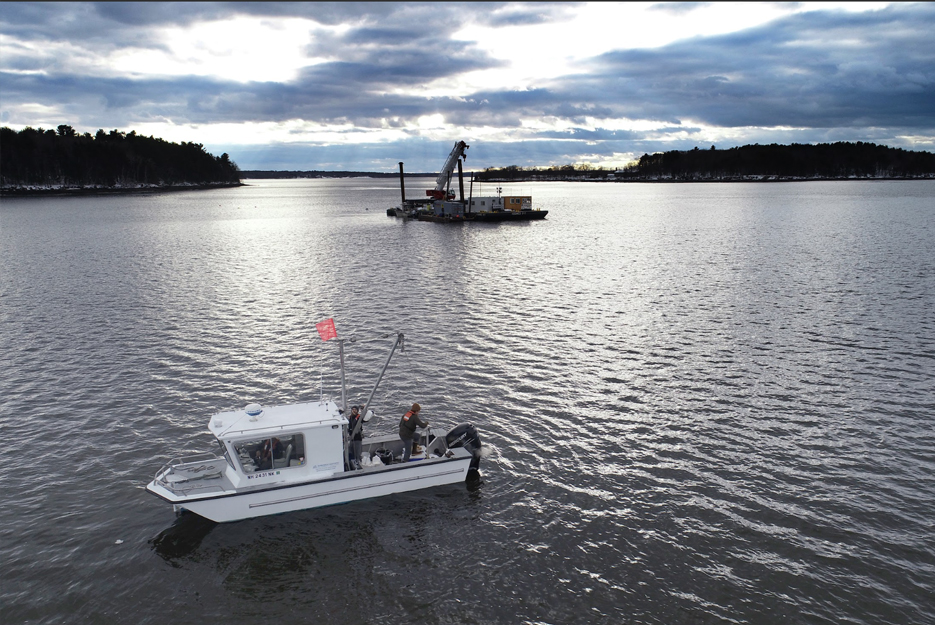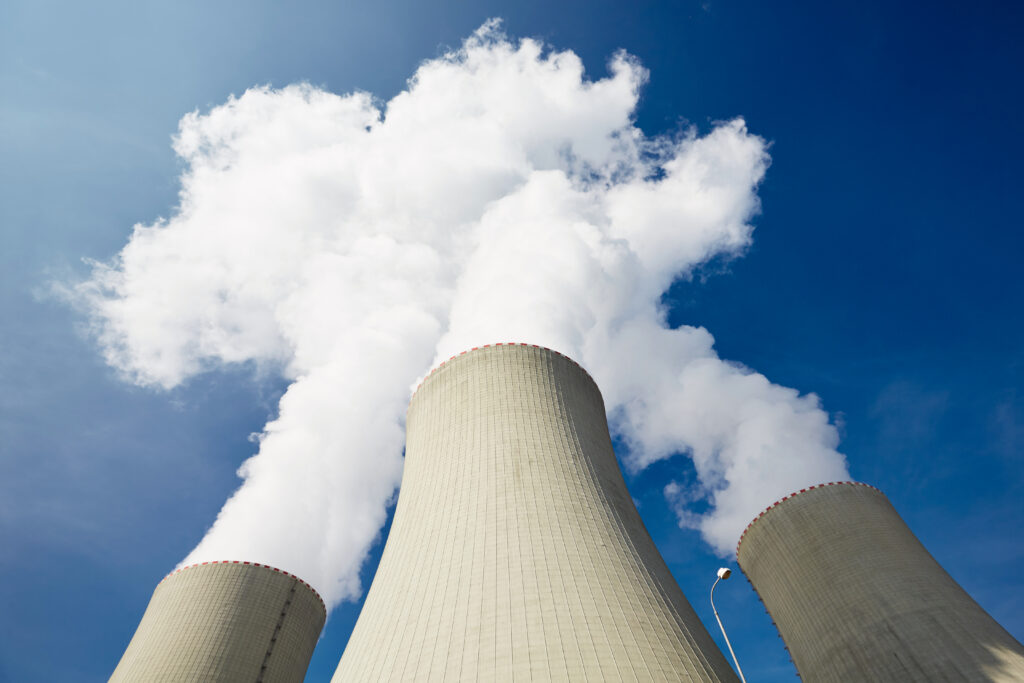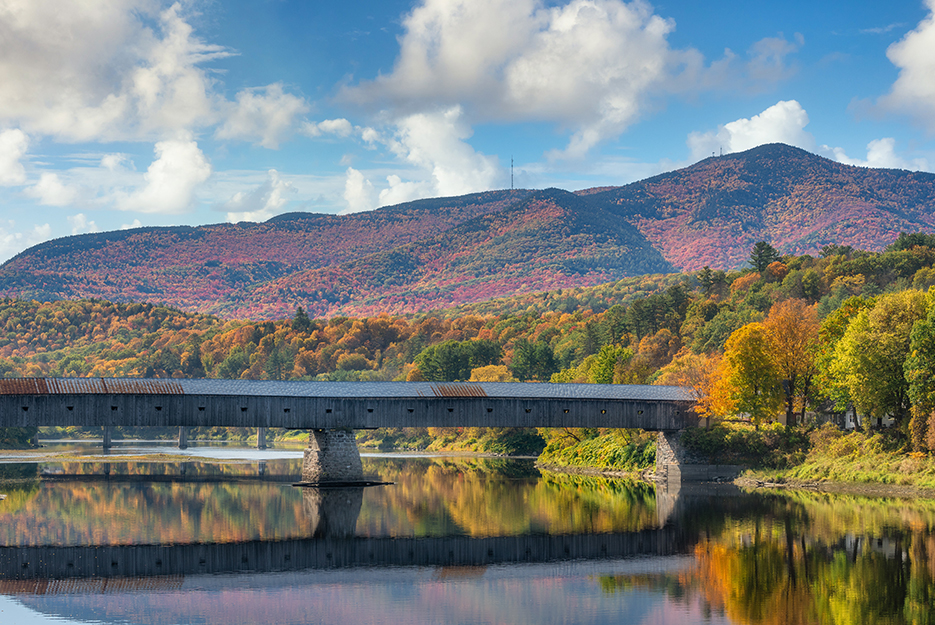Client: Eversource Energy
The Seacoast Reliability Project (SRP) transmission line is a new 115kV line across four towns that consists of approximately 13 miles of combined overhead, submarine, and underground segments. Normandeau was the prime consultant leading natural resources field data collection and impacts assessment, regulatory strategy, and permitting efforts as well as overseeing cultural and visual impact subcontractors for the SRP. Sensitive resources include a 0.9-mile submarine crossing through Little Bay, estuarine and freshwater wetlands, rare plant and animal species, and several significant cultural resources. Normandeau provided extensive support to Eversource during pre-application outreach efforts to stakeholders of the projects, including environmental and alternatives map exhibits, visual simulations, videos and multiple presentations. We also provided technical support and responses to questions by municipalities, citizens, and other stakeholders regarding natural resource, cultural, land use, and visual components of the project. Normandeau and our subcontractors provided field investigations of natural and cultural resources.
Marine resource concerns revolved around the potential impacts of suspended sediments and redeposition as a result of jet plow burial of the transmission cables across Little Bay, and potential impacts to benthic macroinvertebrates, shellfish, eelgrass, migratory fish, and water quality. Normandeau collected benthic samples in August 2019 and 24,000 water quality samples from September-December 2019 in support of the installation process. Normandeau’s laboratory provided the sorting, identification and data presentation of 60 soft-bottom benthic samples that included identification of 102 species. Normandeau also conducted pre-construction eelgrass monitoring using video transects in late July 2019 to document the presence or absence of eelgrass in the vicinity of the project area.
Normandeau assessed the potential impacts to various resources in the path of the sediment plume, modeled by teaming partners, and collected vibracores to understand the physical and chemical composition of the marine sediments. Freshwater and terrestrial concerns included potential impacts to exemplary streams and wetlands, wetland conversion from clearing within the ROW, controlling invasive plant species during and after construction, mitigation for wetland impacts, avoiding impacts to rare vegetation and wildlife, and managing the ROW after construction for the State-Endangered New England cottontail rabbit. Normandeau worked with state and federal regulators, and towns to explore both project-specific mitigation and in-lieu-fee payments to the State’s Aquatic Restoration Mitigation fund. Normandeau developed applications to support state and federal permits, as well as compiled and produced the multi-volume application for the NH Site Evaluation Committee (SEC). We provided support during the application review process for both technical responses and expert testimony for a Certificate of Site and Facility from the SEC.
Normandeau also provided full-time construction monitoring for water quality and erosion controls project-wide, and hourly water quality monitoring for turbidity, nutrients, and metals at 23 pre-set stations for the duration of the submarine cable installation. Normandeau conducted shellfish tissue sampling before, during, and after cable installation to assess any bioaccumulation effects of suspended sediments and associated contaminants.



